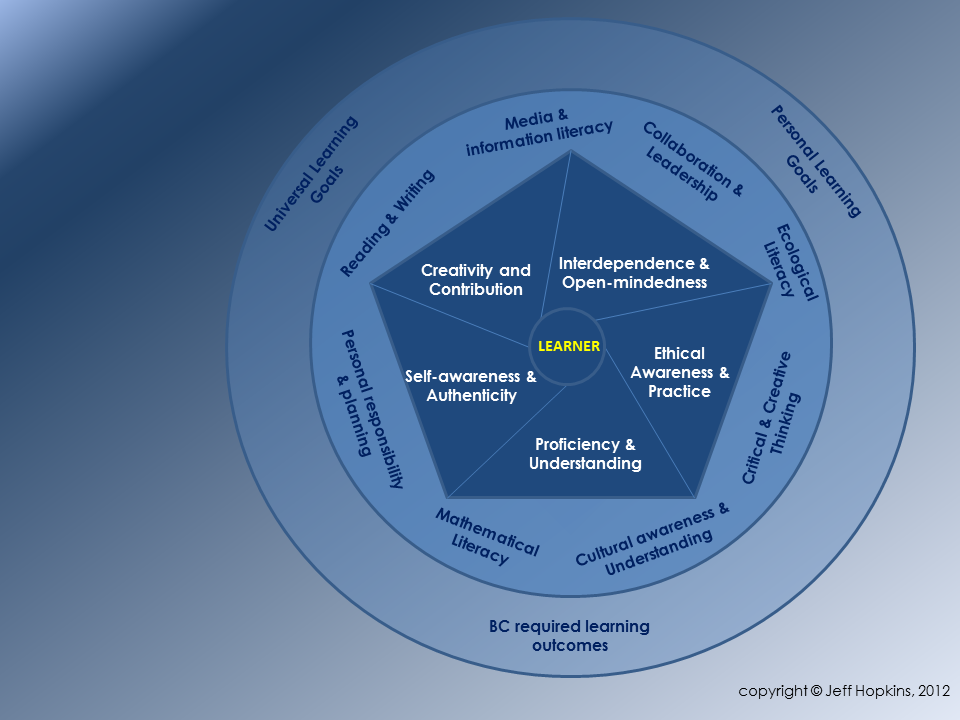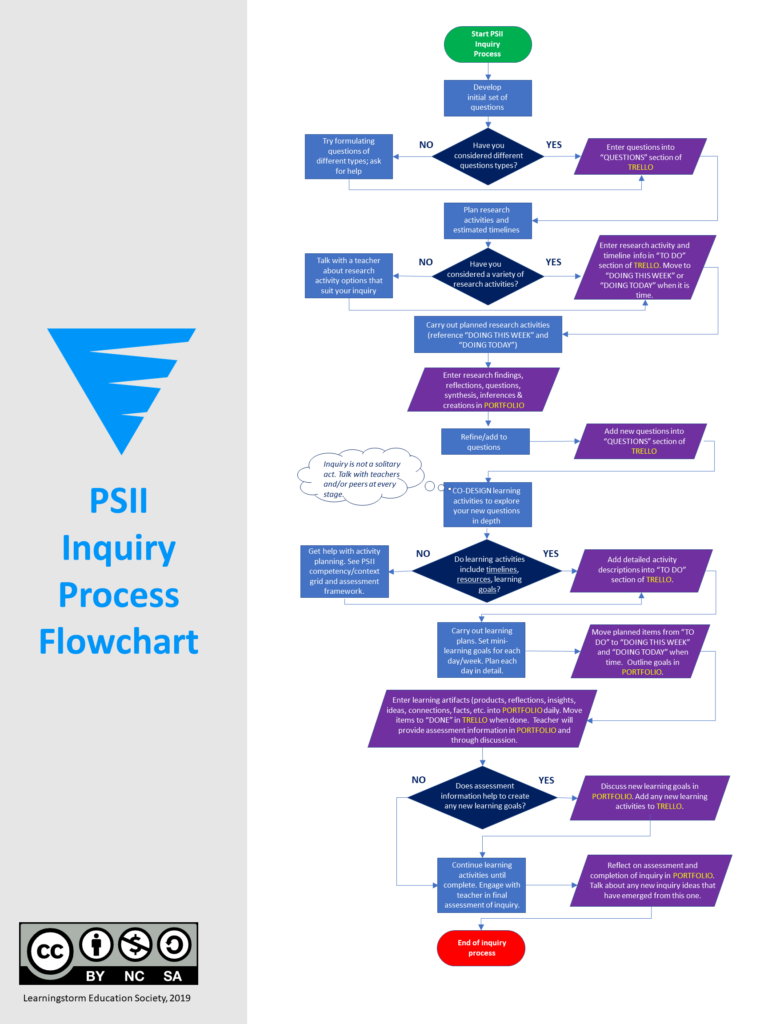Category: Uncategorised
On November 26, 2024, Michael led a class discussion focused on AI. As a class we considered some social, economic, environmental, and educational implications of AI technology. My colleagues and I shared our experiences with AI, homing in on how it has helped them (or hasn’t).

The potential to diminish motivation for students to learn and cheating on assignments are the two most common themes I noticed during our class. Some people shared experiences that they have had with cheating students, and their opinions on the best way to approach this kind of situation.
My colleagues state that it is not difficult to spot if a student has been using AI inappropriately because:
- The AI does not ‘speak’ in the student’s voice. AI is often boring and devoid of personality.
- AI will ‘hallucinate’ incorrect information, and present it as fact.
- Students will not be able to explain what they have handed in.
Here’s an interesting fact from Wikipedia:
Analysts estimated that chatbots hallucinate as much as 27% of the time, with factual errors present in 46% of generated texts.
Chatbots & hallucination in 2023, Wikipedia
In the classroom, teachers should have clear expectations of when it is appropriate to use AI. Teachers should have a sound rationale as to why and how it could harm learning and a course of action if a student is suspected of unreasonable AI use.

From The College Contemporary student magazine.
My colleagues recommend having an open dialogue with students suspected of using AI to cheat on an assignment. Essentially, be inquisitive as opposed to accusatory – direct but not confrontational, and brainstorm alternative ways for a student to prove their knowledge. According to Michigan Highschool professor Aaron Romoslawski, most of the time students use AI because they are struggling, and don’t know what to do. We need to be empathetic!
For me, the most impactful part of our conversation was when we discussed the water/power usage of AI queries. According to this article cited by the World Economic Forum, AI uses 33 TIMES more power than task-specific applications. The power required for AI computations doubles roughly every 10 days.
AI also consumes a lot of water due to this power consumption and for data centre cooling purposes. According to OECD, every 10-50 queries consumes roughly 500ml of water. In July 2010, the Independent claimed that a single Google search uses 0.5ml of water. Assuming both of these numbers are accurate today, AI queries consume 20-100 times more water per-query than a simple Google search.
Since learning this, I am hestitant to use AI at all due to it’s potential impacts on our environment. Currently Microsoft and OpenAI intend to combat this issue by opening nuclear power plants. The upside is that perhaps this is the step toward a nuclear-powered future. I believe that we will figure this out.
On October 22, 2024, Pacific School of Innovation and Inquiry (PSII) founder and co-principle Jeff Hopkins spoke to our class about PSII, his vision for education, and how it all started.
PSII is an independent/private school located in the heart of Victoria, British Columbia. They use inquiry-based philosophy to deliver content to grades 9-12 students. This involves helping students develop multidisciplinary projects that act as vessels for curricular competencies. Hopkins provided stories of students in grade 9 fulfilling requirements for Physics 11 and 12 because they were interested in determining the velocity of a skier at Mount Washington. They use a checklist system to keep track of the competencies that a student has developed, and teachers suggest alterations to projects to ensure they are meeting the standards set by the BC curriculum.
Why Start PSII?
Hopkins states that administration and teachers know that direct instruction is not the optimal method for teaching students, but the education system does not allow for a dramatic shift in the way we teach. As a superintendent, this bothered Hopkins greatly. He refers to this phenomenon as the “knowing-doing gap,” when knowing what is right does not always mean that we are doing what is right.
There is another problem with implementing inquiry-based learning that goes beyond our current system limitation – it wouldn’t be ethical to change the educational ethos of an entire district without firm backing that it will work. So Hopkins decided to quit his superintendent job and open PSII.
What are the benefits?
Hopkins claims that there are far less behavioural challenges with students because they are excited to come to school and work on their personal projects.1
Other benefits include:
- Individual needs are catered to.
- Students are always working within their zone of proximal development.
- Collaboration is encouraged and emphasized.
- Students gain autonomy in their learning – what, why, and how they learn is up to them.
- Learning is done in the context of a project, which leads to deeper and richer understanding.
- Assessment is holistic and less artificial.
- Students learn how to think for themselves, and think critically about their projects and analysis.
Below is a flowchart students use to develop their projects.

From the PSII Website
For more information, check out this video on PSII’s vision, goals, and methods via Vimeo:
Thank you,
Jordan
- I think it is important to note that this is a private school, so students and student parents are paying to be there, so it is possible that behavioural challenges and student engagement is affected by this. I trust that Hopkins is well-informed and not maliciously providing misleading information for personal gain. I just want to mention this fact. ↩︎